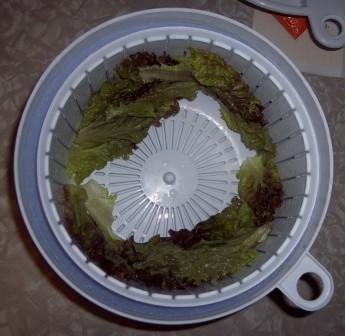I’ve been dealing with a painful shoulder for quite awhile now (we’re talking more than a few weeks) but I’m not blogging about it to solicit sympathy or advice.
I’m blogging about it because I learned last night that a dear friend’s son has OD’d on prescription painkillers.
Here’s another thing I’m not doing. I’m not claiming I deserve some medal for stoicism. Living with pain sucks. I know that it sucks. I can’t wash my hair without grimacing or (sometimes even) crying out. Ditto for backing up my car, or putting on any garment with long sleeves, or dozens of other simple movements that I’d love to take for granted.
Yet I have chosen not to go to a doctor for this.
So here’s what I think needs to be said.
It seems to me that our kneejerk reaction to pain (and you can toss in emotional pain here, too) is to try to stop it. But I’ve observed two things with regards to my shoulder. First, resisting pain is worse than feeling pain. Pain, in and of itself, is just a sensation. This is going to sound silly, but if you quiet your mind and pay attention to your pain, you’ll realize that pain doesn’t hurt. It just is. It’s just a sensation.
Resisting pain, OTOH, feels horrible. That’s where the tightness and confusion comes in, which most of us associate with pain, but is actually our reaction to pain, not the pain itself.
The second thing is that if you resist pain you set yourself up for despair, because if you’re like most people you can’t just shut off your conscious awareness of your body at will. I.e., you can’t escape your pain, so you spend all your time braced against it, which after a time induces a variety of unwanted emotional states. Maybe you’ve read the book Learned Optimism, where the author describes an experiment in which rats were subjected to electrical shock that they couldn’t escape, and how they eventually just gave up and stopped trying to get away. It’s little wonder people who suffer chronic pain become depressed.
So you go to your doctor and learn that there’s a pill.
Only what your doctor doesn’t tell you, because doctors’ understanding of such things is no deeper than the paper on a prescription pad, is that the pill comes with a catch.
Maybe not all the time; maybe not for everybody.
But make no mistake. When we surrender ourselves, even some portion of ourselves, to the authority of someone else — the doctor, the drug company — there are consequences.
The potential consequence of taking prescription painkillers include addiction, misery, and death.
I’m not saying “never go to a doctor.” But I do think that people should use medicine — conventional and alternative — more thoughtfully. Yes, that can be bewildering. The human body is enormously complex. But again, my shoulder is a great example. It hurts. And it’s slowly healing, because that’s what injuries like this one tend to do. And that is where I put my trust.
If you consider your pain to be truly debilitating, and you’ve chosen to use painkillers to deal with it, that’s your business. But if you’re taking them thoughtlessly, and especially if you’re only taking them because you can’t stop, take a long look in the mirror, because you’ve turned into a person you don’t want to be, and no matter what you might be telling yourself, what you’re really doing is causing pain. Possibly more pain than you ever imagined.
[tags]prescription painkiller, pain, OxyContin, Vicodin, Darvocet, Lortab, Lorcet, Percocet, hydrocodone, addiction[/tags]

